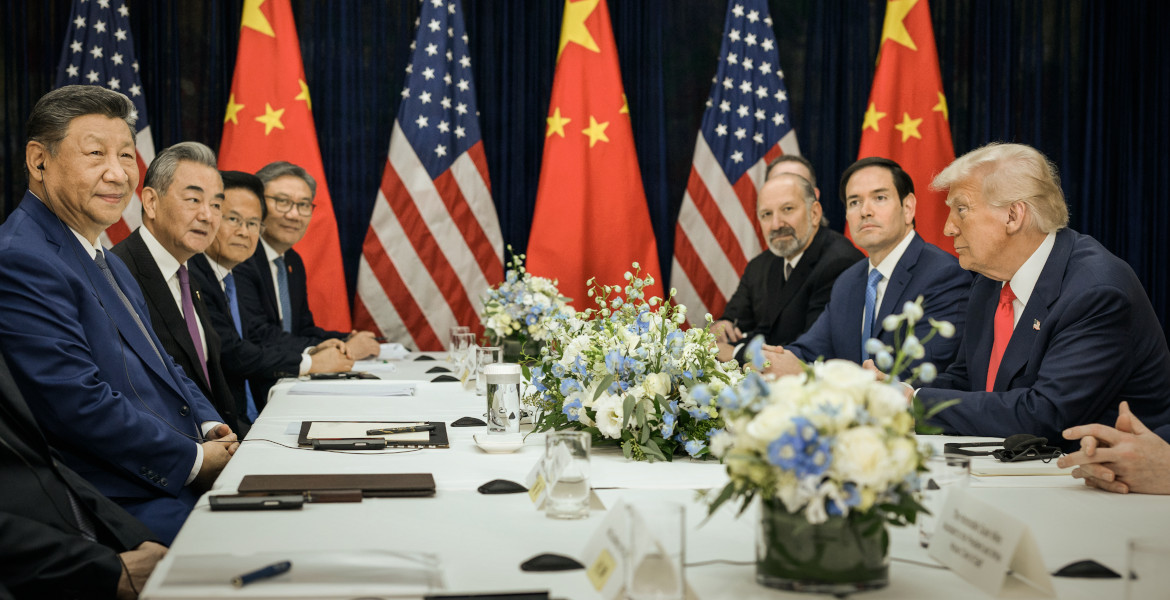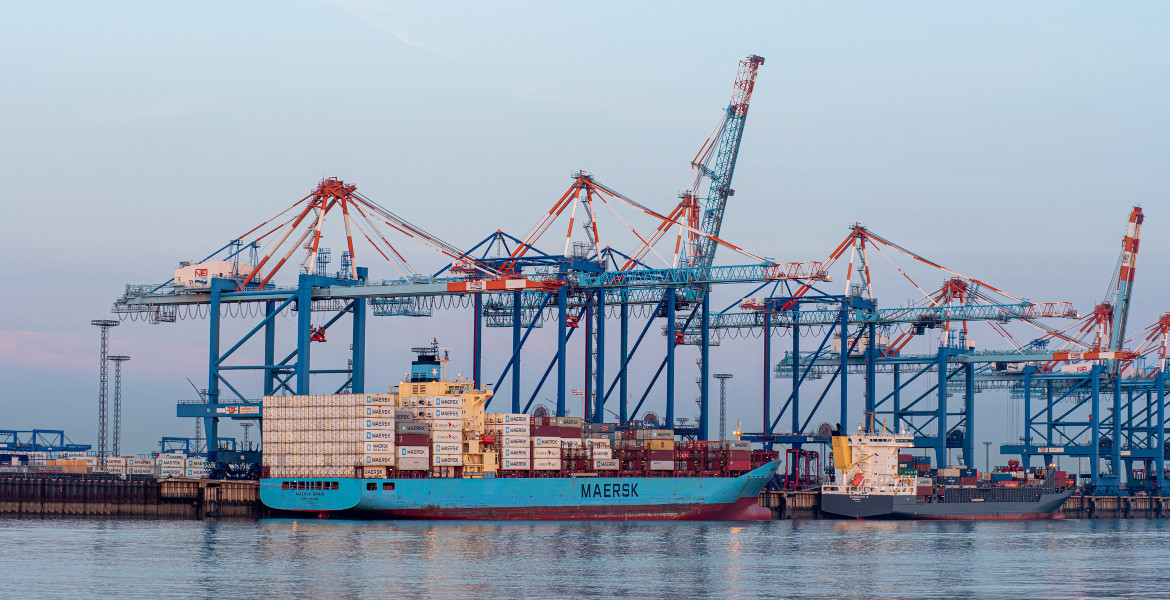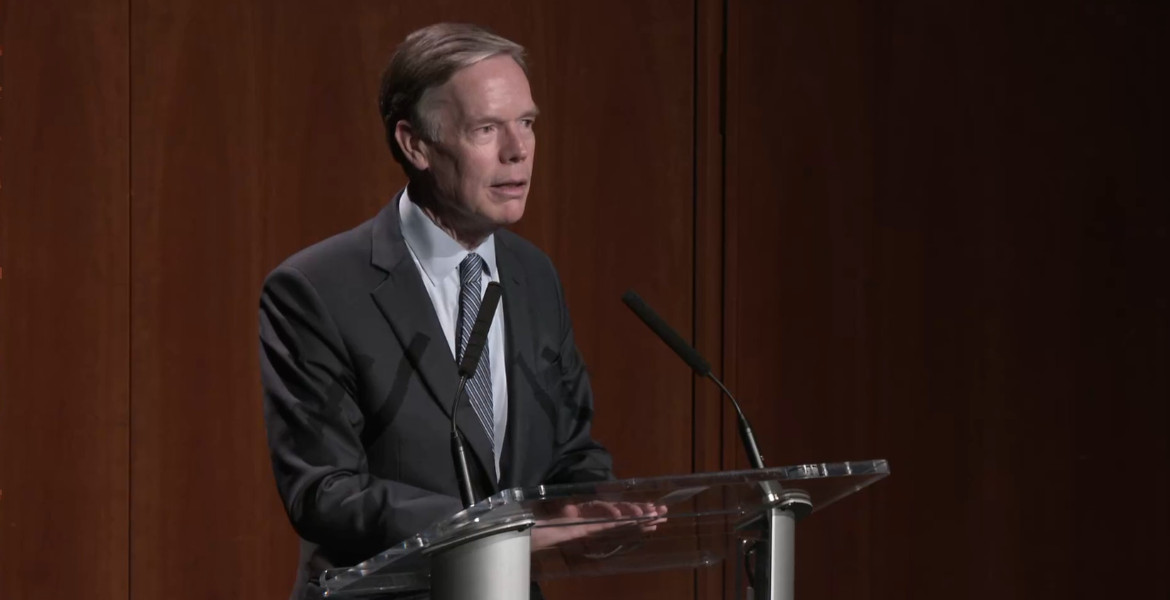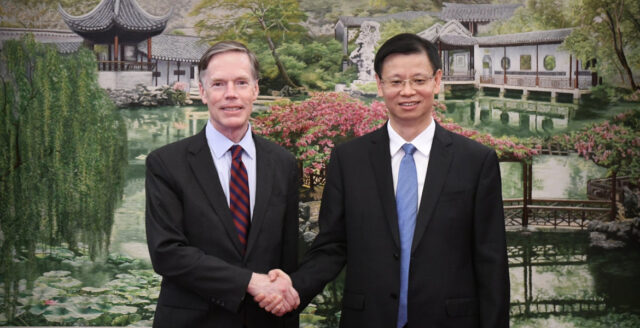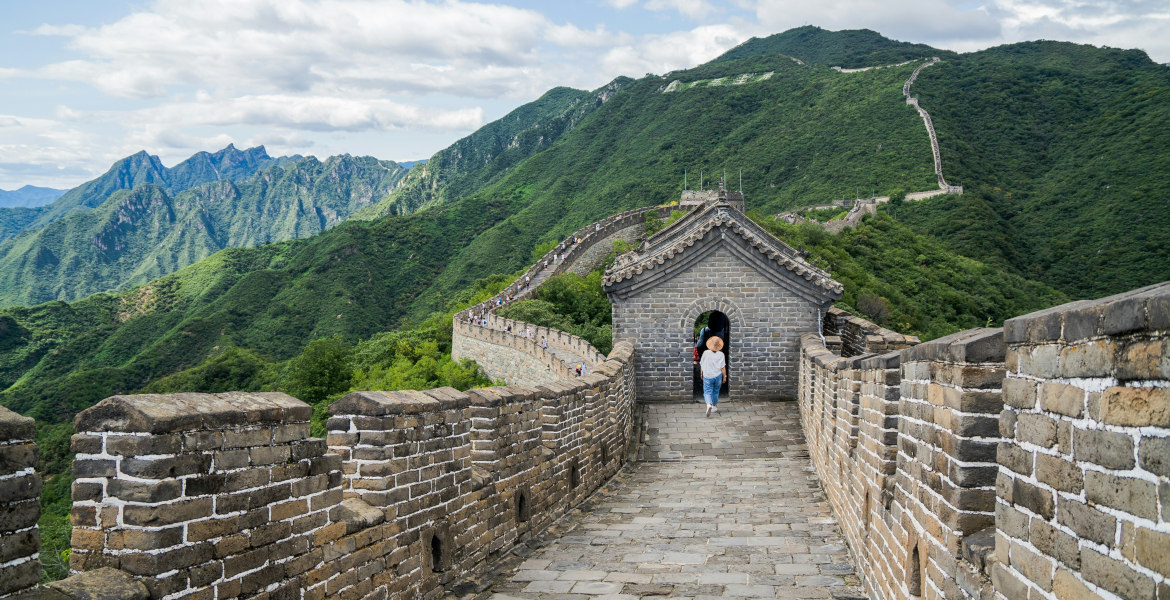The main topic of discussion ahead of the BRICS summit, which starts today, is expected to be a proposal for a new international financial system presented by Russia, which holds the presidency.
The system is described as a way of making partner countries immune to sanctions from the Western bloc and also has the potential to break the dependence on the US dollar in international trade.
As The Nordic Times reported in July, it is considered likely that a new financial system based on a model with the project name Unit may be launched during the summit of the BRICS countries in the Russian republic of Tatarstan's capital Kazan, which begins today and runs until Thursday. The reports appear in both Russian and Western media, with Reuters, for example, referring to a document that Moscow is said to have distributed to journalists ahead of the summit.
Among other things, the format is said to allow currencies to be easily and securely exchanged against each other without any need for dollar transactions - something that is otherwise standard at present. The new platform is also said to be based on a network of commercial banks linked to each other via the central banks of the BRICS countries.
Russia also wants to create a common platform called Brics Clear for securities trading, arguing that existing international financial institutions - including the International Monetary Fund (IMF) - are effectively subservient to the interests of the US and its allies.
The dollar “a means of political pressure”
At the time of writing, Moscow has not yet commented on the data, nor has it made public the documents cited. Just last week, however, Russia's Finance Minister Anton Siluanov presented a proposal to reform the international financial system to ministers and central bank governors of the BRICS countries.
Siluanov argued, among other things, that the Western bloc is using the current economic system and the US dollar as “political leverage” and confirmed that the Brics had discussed developing alternatives.
Although the details remain unclear, the Finance Minister advocates the use of new digital financial assets for international payments as this is said to be “cheaper and more reliable” and that “operations are conducted without the involvement of the banks and infrastructure of third countries”.
It can be noted that since the start of the war in Ukraine, Russia has significantly reduced the use of dollars in its international transactions. For example, over 95% of transactions between Russia and China are conducted in the national currencies, the rouble and the yuan.
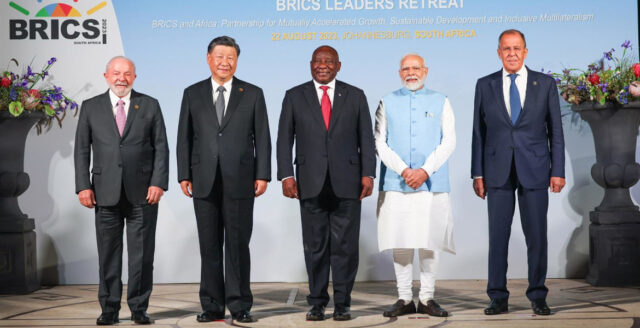
In this context, it is worth noting that at a recent business forum in Moscow, Vladimir Putin announced that some 30 countries have recently shown interest in joining or cooperating with the organization.
– The countries in our association are essentially the drivers of global economic growth. In the foreseeable future, BRICS will generate the main increase in global GDP, the Russian president said.
He also called on the BRICS Development Bank to invest more money in technology and infrastructure in poorer countries in the “global south”.
– As a development institution, the bank already serves as an alternative to many Western financial mechanisms, and we will naturally continue to develop it, the President promised.
Expanding the UN Security Council
Ahead of the summit, Russian Foreign Minister Sergei Lavrov also advocated in an interview that Brazil, India and Africa should have permanent representation on the UN Security Council.
– This is necessary to ensure representativeness, representation of the global majority, he argued.

The protracted war in Ukraine will reportedly not be on the agenda of the BRICS summit, but Kremlin spokesman Dmitry Peskov says that “every participant can discuss the topic as they see fit”.
The official motto of the Russian presidency has been “strengthening multilateralism for equitable global development and security”. In addition to economic cooperation, the focus is also on joint efforts in security, culture, science, sport, youth exchanges and civil society.

